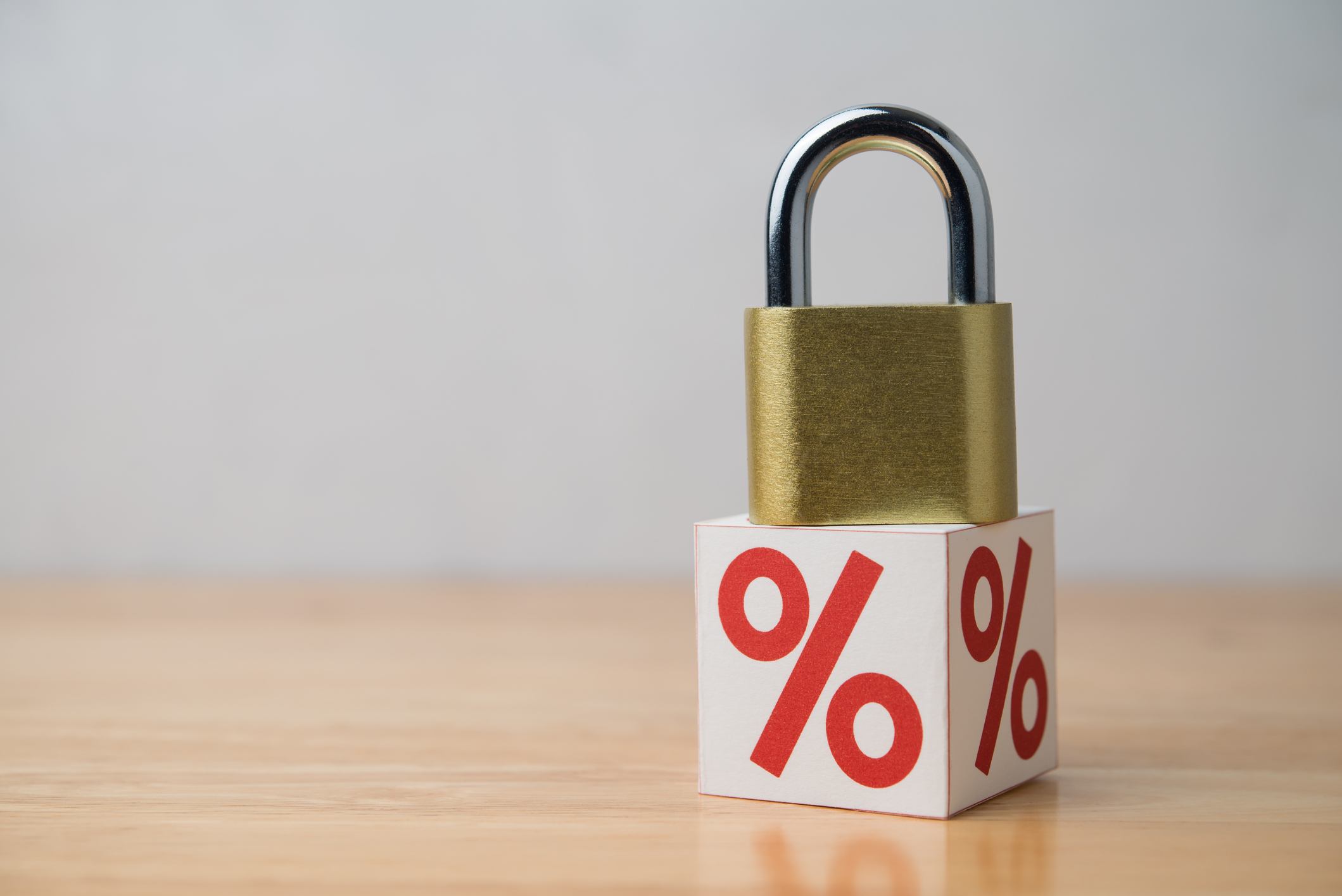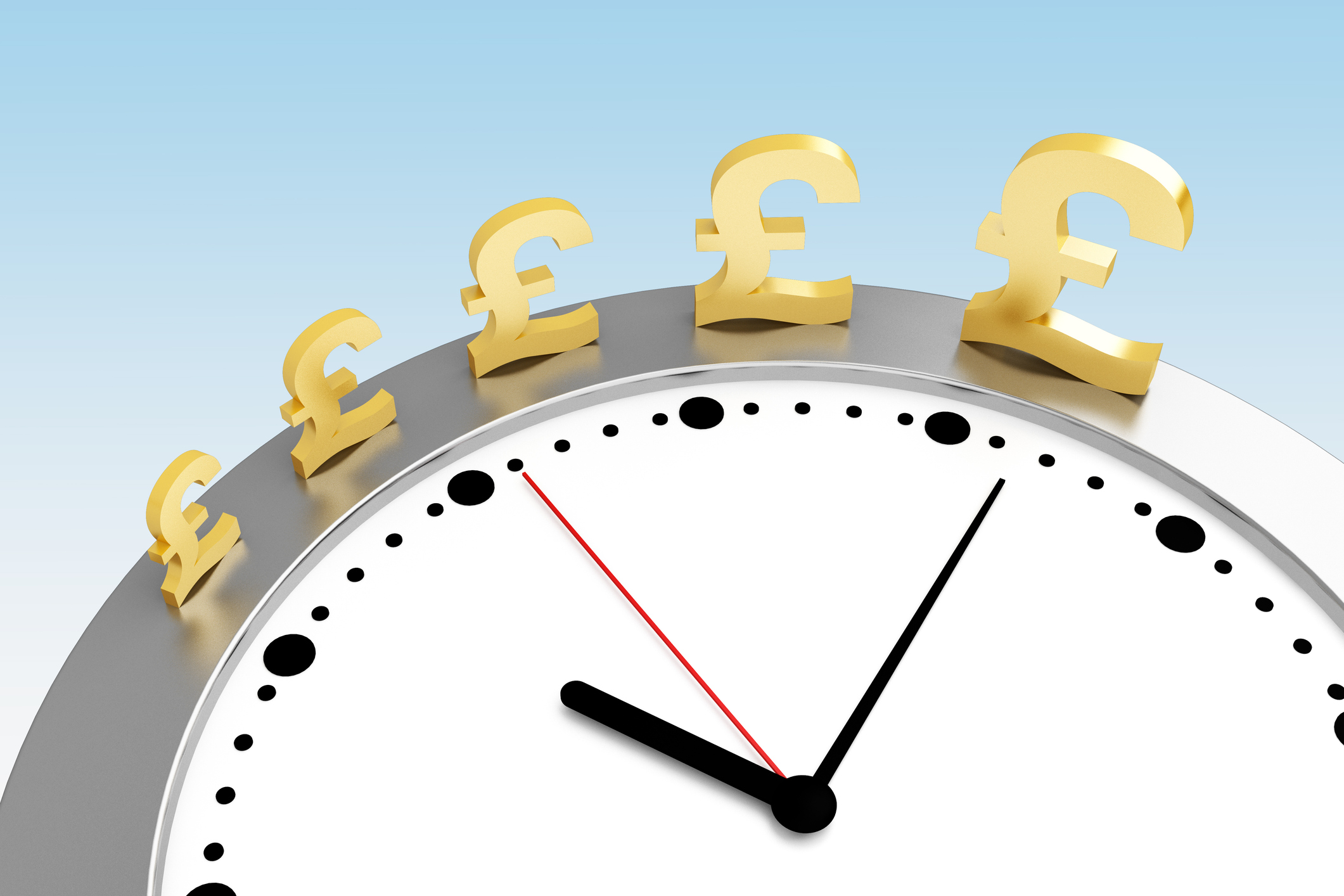Coventry Building Society launches new best easy access savings account
Coventry Building Society's new deal tops our easy access savings account list, but could your cash be put to better use?


Get the latest financial news, insights and expert analysis from our award-winning MoneyWeek team, to help you understand what really matters when it comes to your finances.
You are now subscribed
Your newsletter sign-up was successful
Want to add more newsletters?

Twice daily
MoneyWeek
Get the latest financial news, insights and expert analysis from our award-winning MoneyWeek team, to help you understand what really matters when it comes to your finances.

Four times a week
Look After My Bills
Sign up to our free money-saving newsletter, filled with the latest news and expert advice to help you find the best tips and deals for managing your bills. Start saving today!
A new top dog has emerged in the easy access savings space.
As savers look to stem the impact of inflation on cash holdings, Coventry Building Society has launched a new easy access account offering a market-beating rate of 4.50%.
The average easy-access rate is 2.58%, according to Moneyfacts.
MoneyWeek
Subscribe to MoneyWeek today and get your first six magazine issues absolutely FREE

Sign up to Money Morning
Don't miss the latest investment and personal finances news, market analysis, plus money-saving tips with our free twice-daily newsletter
Don't miss the latest investment and personal finances news, market analysis, plus money-saving tips with our free twice-daily newsletter
The new offering from the lender tops our list of best easy access savings accounts. It’s even better than some of the one-year fixes on offer from high street lenders.
Easy access savings
Coventry Building Society’s Four Access Saver is available to both new and existing savers and can be opened online with only £1. You can deposit up to £250,000 but it is worth remembering that only £85,000 is protected under the Financial Services Compensation Scheme (FSCS) - perhaps take a look at National Savings and Investments (NS&I)’s Premium Bonds if you’ve got more to invest and are concerned about the safety of your money.
But the account isn’t as easy to access as some other accounts. As the name suggests, you can only access the account four times within 12 months. Withdrawals beyond this limit are subject to a charge equal to 50 days' interest.
Daniel McDonald, senior savings product manager at Coventry Building Society, said: “We're expecting our new Four Access Saver account to be popular with savers looking to take advantage of a market-leading rate while still having access to their money if they need to.”
“The account is ideal for those looking for a place to save their rainy-day fund or are saving up for something specific, but don't want to lock their money away and are able to withdraw their savings up to four times a year without charge.”
Can you beat inflation?
Savers have been up against it in trying to beat inflation. Despite rising rates and the new offering from Coventry Building Society, no provider currently offers an easy access account that beats inflation.
But you can now earn 6.1% on one-year fixed savings accounts – the best rate seen in 14 years, while a two-year fixed savings account can net you 6.15%.
But could you be putting your cash to better use? Amid high inflation, investing your money could help you generate real returns. According to the Barclays Equity Gilt Study, UK shares have beaten cash in 90% of five-year periods since 1899.
So, if you’re happy to take some risk with your money you can invest it. But if you’re wanting to have some more control over your money while somewhat hedging against inflation, then a leading easy access account could fit the bill.
Get the latest financial news, insights and expert analysis from our award-winning MoneyWeek team, to help you understand what really matters when it comes to your finances.
Tom is a journalist and writer with an interest in sustainability, economic policy and pensions, looking into how personal finances can be used to make a positive impact.
He graduated from Goldsmiths, University of London, with a BA in journalism before moving to a financial content agency.
His work has appeared in titles Investment Week and Money Marketing, as well as social media copy for Reuters and Bloomberg in addition to corporate content for financial giants including Mercer, State Street Global Advisors and the PLSA. He has also written for the Financial Times Group.
When not working out of the Future’s Cardiff office, Tom can be found exploring the hills and coasts of South Wales but is sometimes east of the border supporting Bristol Rovers.
-
 Should you buy an active ETF?
Should you buy an active ETF?ETFs are often mischaracterised as passive products, but they can be a convenient way to add active management to your portfolio
-
 Power up your pension before 5 April – easy ways to save before the tax year end
Power up your pension before 5 April – easy ways to save before the tax year endWith the end of the tax year looming, pension savers currently have a window to review and maximise what’s going into their retirement funds – we look at how
-
 NS&I February Premium Bonds winners revealed – did you win £1 million?
NS&I February Premium Bonds winners revealed – did you win £1 million?More than 2.7 million historic Premium Bonds prizes are still waiting to be claimed, NS&I says
-
 NS&I cuts interest rates on 8 savings accounts – are they still worth it?
NS&I cuts interest rates on 8 savings accounts – are they still worth it?NS&I will now offer less attractive interest rates for customers wishing to lock their savings away to grow for one, two, three or five years.
-
 Premium Bonds winners announced – did you scoop the September jackpot?
Premium Bonds winners announced – did you scoop the September jackpot?NS&I has announced the winners for September’s Premium Bonds prize draw, with two lucky savers becoming overnight millionaires. Did you win this month?
-
 NS&I announces August 2025 Premium Bonds winners – did you win £1 million jackpot?
NS&I announces August 2025 Premium Bonds winners – did you win £1 million jackpot?NS&I has released details about August 2025’s Premium Bonds jackpot winners. We look at who won a big prize this month
-
 How long does it take to win a Premium Bonds prize?
How long does it take to win a Premium Bonds prize?It could take much longer than you think to win something in the Premium Bonds prize draw
-
 Premium Bond winners – who won the December £1 million jackpot?
Premium Bond winners – who won the December £1 million jackpot?NS&I has unveiled December’s Premium Bond winners. Who bagged the jackpot and what other prizes are on offer?
-
 NS&I cuts Premium Bond prize fund rate to 4%
NS&I cuts Premium Bond prize fund rate to 4%NS&I will reduce the Premium Bond rate from 4.15% to 4% in January, while also cutting the rates on other savings accounts. Are Premium Bonds still worth it?
-
 NS&I to cut Premium Bond prize rate to 4.15%
NS&I to cut Premium Bond prize rate to 4.15%The odds of winning a prize will fall to 22,000 to 1 for the December draw, while NS&I is also slashing the rates on other savings products. We have all the details
